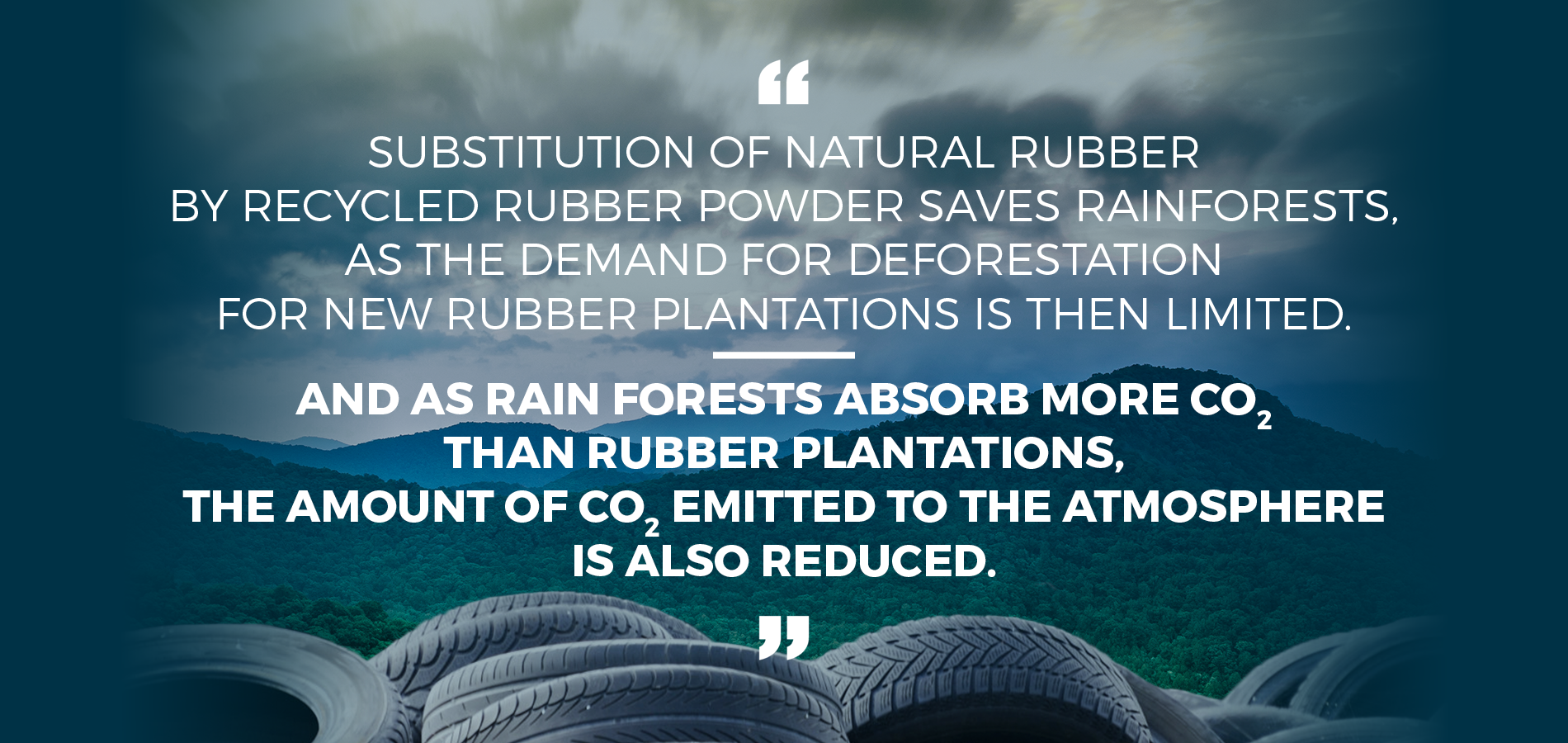Environment
RECYCLED RUBBER AND THE ENVIRONMENT
Recycled rubber from end-of-life tyres is widely used in applications where it comes in direct contact with the natural environment. The most common examples are infill material in artificial turf pitches and asphalt for road construction. Numerous scientific studies have been made in a wide range of countries, analysing the environmental impact of recycled rubber.
One major environmental concern has been the potential leaching of metals and organic chemical substances from recycled rubber into drainage water and water recipients. Special attention has been drawn to zinc, PAH’s as well as dissolved organic carbon. No evidence has been found to support claims that leaching of chemical substances from infill and e-layers used in artificial turf will cause environmental problems.
In comparison with the incineration of used tyres in cement kilns, the recycling of tyres – through processing into rubber granulate and steel for the substitution of virgin raw materials – offers substantial environmental benefits. Life Cycle Assessment studies document that significantly less CO2 is emitted to the atmosphere, and the negative impact on the acidification of the atmosphere is significantly reduced. Tyres contain sulphur, which is used in the vulcanisation process, and this sulphur vaporises in connection with incineration, causing acid rain. When tyre rubber is recycled, sulphur is contained and thus not released into the atmosphere.
It is, however, of paramount importance that recycled rubber is produced in a high quality – and made from known and consistent source material. Many rubber recyclers mix all kinds of scrap rubber, resulting in a recycled product which is not uniform, consistent and pure. Genan recycled rubber is made from end-of-life tyres only – and undergoes strict and thorough quality control.

GENAN HOLDING A/S
Jegindøvej 16
DK-8800 Viborg
Tel.: +45 8728 3000
VAT no.: DK36557656
E-mail: info-dk@genan.com
– Striving for a sustainable future!

